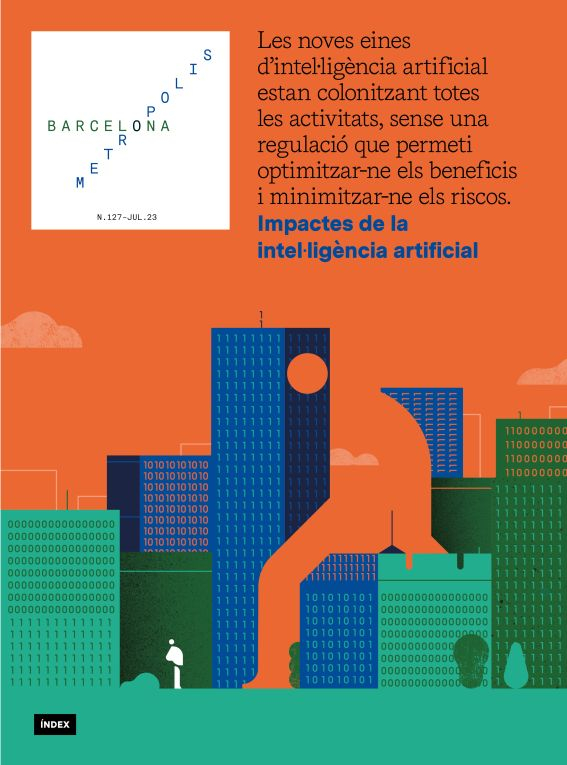Controlling artificial intelligence

Advances in artificial intelligence (AI) raise both expectations and misgivings. The advent of ChatGPT shows that this technology is developing faster than society’s capacity to deal with its consequences. The difficulties in understanding its scope and the lack of control over its applications generate all sorts of fears, to the point that more than a thousand scientists have called for a moratorium to discuss its regulation before it is too late. High-profile voices have warned of the danger that, one day, AI will be so powerful that it could overtake human intelligence, echoing the words of Claude Shannon, the pioneer of information theory: “I visualize a time when we will be to robots what dogs are to humans”.
In reality, AI is far from being able to surpass corporeal human intelligence, not least because it lacks the ability to interact with the environment, which is how the human brain is able to create a kind of knowledge that no machine has been able to mimic. It is one thing to win at chess and quite another to respond to an unexpected situation, in the way that the emotional and rational workings of our brain do. But while we get distracted envisioning dystopian futures, we are leaving the applications that already exist unchecked. We should be concerned about what some people might actually do with artificial intelligence than what AI can do by itself.
As with all strongly disruptive technologies, the potential of AI is huge. It is embedded in many of the tools we use, from browsers to internet applications; it is driving innovations in sectors such as medicine and it can help cities manage complex processes such as mobility and logistics. But just as it can be very useful for processing large amounts of data and simplifying tasks, it can also be used to create citizen control and surveillance systems. We must therefore ask ourselves which rules we want AI to operate under. We cannot accept that such a powerful tool is effectively in the hands of a few private corporations that are operating with no controls whatsoever.
The newsletter
Subscribe to our newsletter to keep up to date with Barcelona Metròpolis' new developments




